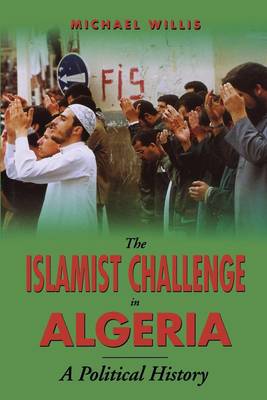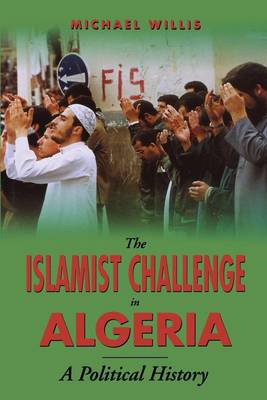
- Retrait gratuit dans votre magasin Club
- 7.000.000 titres dans notre catalogue
- Payer en toute sécurité
- Toujours un magasin près de chez vous
- Retrait gratuit dans votre magasin Club
- 7.000.0000 titres dans notre catalogue
- Payer en toute sécurité
- Toujours un magasin près de chez vous
Description
In recent years, Algeria has been rocked by social upheaval, protest, and spasmodic violence. Like many countries caught between the tides of fundamentalist religion and secular culture, the very fiber of the nation seems to be fraying.
Michael Willis here charts the meteoric rise of one of the largest and most powerful Islamist movements in the Muslim world. Tracing its origins to the French colonial domination in the nineteenth and early twentieth centuries, Islamism has always played a defining role in both the national struggle against the French and in the newly independent Algerian state.
The primary focus of Willis's book is on Algeria since 1988, when unprecedented social unrest led to political changes that allowed Algeria's Islamists to form political parties and compete in multi- party elections. The largest Islamist party, the Front Islamique du Salut (FIS), after rousing victories in local and national elections in 1990 and 1991, was subsequently crushed by the military regime.
Since then, despite the Rome Accord of January 1995, over 50,000 lives have been lost in an increasingly bloody conflict that threatens to spiral out of control. Banned by the army, the FIS splintered, with various factions arming themselves, leading to the current, ominous state of disarray.
Spécifications
Parties prenantes
- Auteur(s) :
- Editeur:
Contenu
- Nombre de pages :
- 424
- Langue:
- Anglais
Caractéristiques
- EAN:
- 9780814793299
- Date de parution :
- 01-03-99
- Format:
- Livre broché
- Format numérique:
- Trade paperback (VS)
- Dimensions :
- 154 mm x 235 mm
- Poids :
- 943 g

Les avis
Nous publions uniquement les avis qui respectent les conditions requises. Consultez nos conditions pour les avis.






